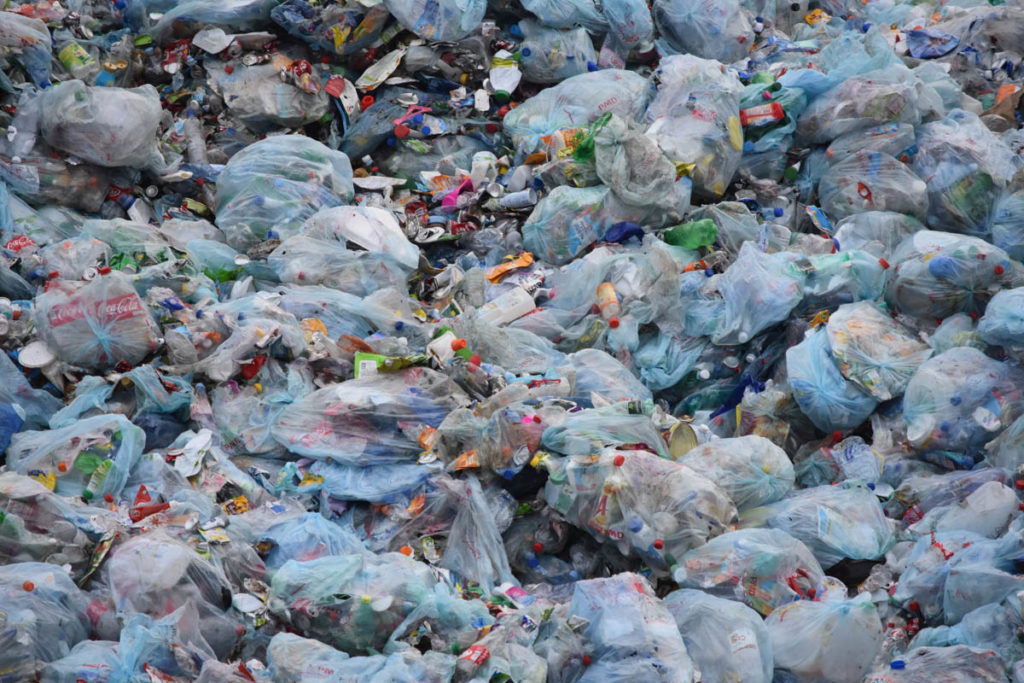The Government of Canada has reported that 15 billion plastic bags, along with 57 million straws, will be used in Canada in one year. This is a staggering figure! Plastic issues in Canada (and recycling concerns) have taken on a new urgency. We’re not alone with this crisis, it’s a global problem.
Plastics are inexpensive and durable, resulting in high levels of plastic production by humans. However, most plastics’ chemical structure makes them resistant to many natural degradation processes and, as a result, they are slow to degrade. (years in fact) Together, these two factors have resulted in a high level of environmental plastic pollution.
The contamination of plastics can affect land, rivers and oceans. It is estimated that 1,1 to 8,8 million metric tonnes (MT) of plastic waste enters the ocean every year from coastal communities. Living organisms, especially marine animals, may be harmed either by mechanical effects such as plastic material entanglement, plastic waste ingestion issues, or by chemical exposure. Human effects include disruption of different hormonal mechanisms.
On land, chlorinated plastic can release harmful chemicals into the surrounding soil, which can then flow into groundwater or other surrounding sources of water, as well as into the world’s ecosystem. This can cause serious harm to the water-drinking species, including humans.
Recycling?
Yes, we should recycle, but only 10% of plastic waste is recycled in the world. And since China stopped importing plastic recycling last year, plastic problems (and problems with recycling) in Canada have taken on a new urgency.
As early as June 2019, Prime Minister Justin Trudeau proposed a ban on single-use plastics that could include plastic bags, straws and plastic cutlery. A complete list of prohibited items was not completed, but there was a suggestion that cotton swabs, drink stirrers, frames, and balloon sticks could also be included in the list. There could also be a ban on fast-food containers and cups made from expanded polystyrene.
For quite some time now, grocery stores in Canada have begun to discourage plastic bags by adding a fee at check-outs, (plastic bags) Sobeys (a Canadian grocery store chain) is becoming the first national food retailer to ban single-use plastic bags in early 2020. Customers will either have to bring their own bags or use Sobeys paper bags. Costco never supplied customers with bags and it doesn’t seem to hurt their business.
When shopping, consumers must adapt to a new, different mindset to save our planet. Canadians need to “step up to the plate” and use less plastic in 2020 for a year. Accustoming to this will make the ban a much stronger transition in 2021.







